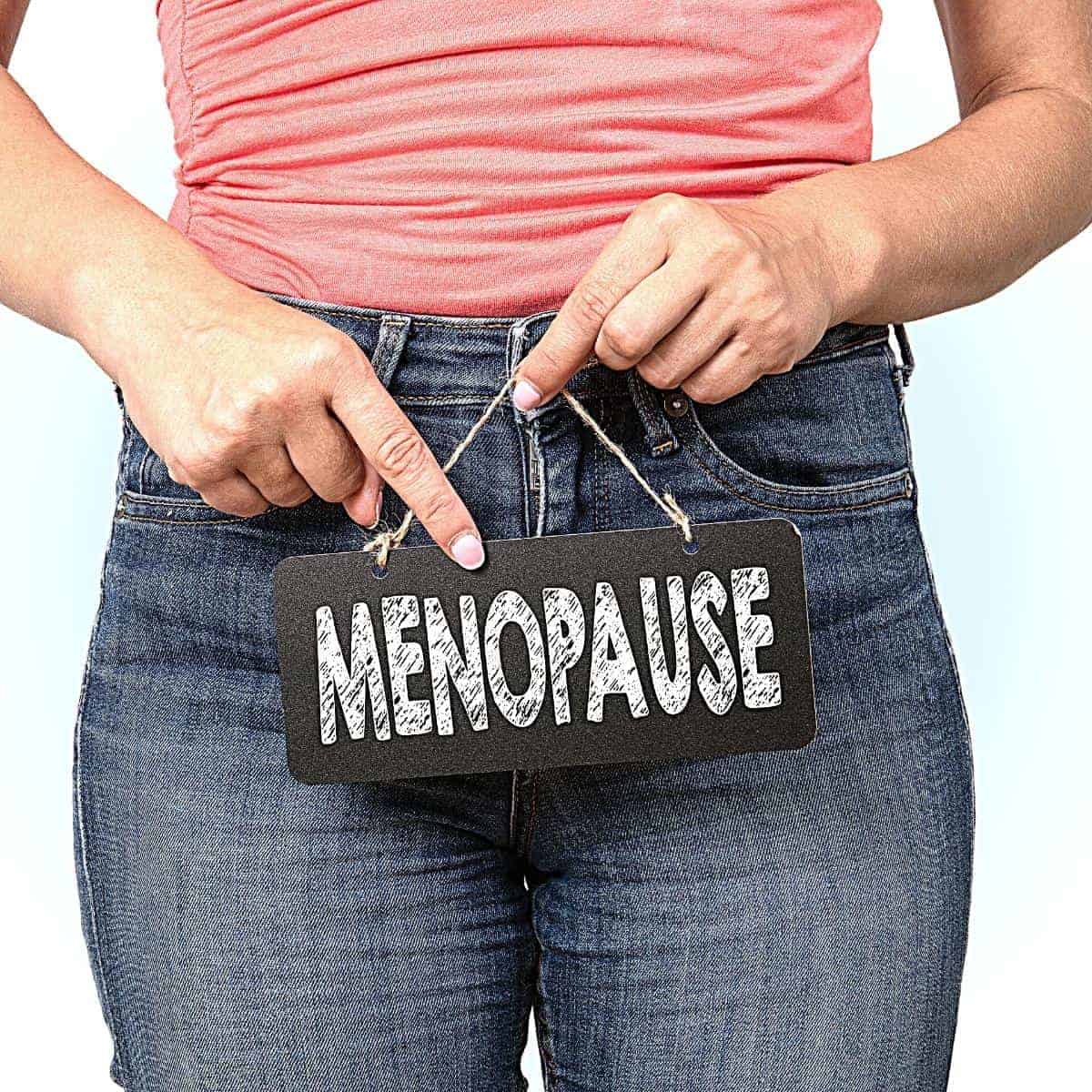Can I Use Sweeteners in Coffee While Intermittent Fasting?
What is Intermittent Fasting | Zero Calorie Drinks While Intermittent Fasting | Sweeteners & Coffee While Intermittent Fasting | Health Benefits of Intermittent Fasting
Hey Coffee lovers! Let’s answer the question – Can I Use Sweeteners in Coffee While Intermittent Fasting?
Today, one of the biggest health-related threats is uncontrolled weight gain and obesity. Scientists believe modern technology and advanced agricultural techniques have made our lives more efficient and provided abundant food. This means that humans nowadays lead inactive lives and consume more food, which might be responsible for rising obesity and weight gain.
Obesity is often a precursor to many serious health-related problems, like type-2 diabetes, coronary heart disease, stroke, and cancer. Hence, people need to be vigilant against uncontrolled weight gain and obesity. Healthcare professionals across the globe have often suggested many diets to prevent and reverse obesity. Among these, intermittent fasting is often the most popular and effective diet plan.
Intermittent fasting differs from normal fasting as it is a ‘wet fast’, where you can drink water, black coffee, and other zero-calorie drinks. This can often be confusing for many people, as nowadays, several types of sugar substitutes are made with sugar alcohol that contains no calories. In this article, we will try to clear up all your doubts about using sweeteners in a cup of coffee and herbal teas while intermittent fasting.

Intermittent Fasting: A Brief Introduction
Before we can answer the question of using sweeteners while intermittent fasting, we must understand intermittent fasting and its effectiveness against obesity. Intermittent fasting is a time-restricted eating plan where people are asked to consume food (calories) within a predetermined window and fast for the rest of the day. By doing this, we are not only regulating the overall calorie intake of our body but also forcing it to burn off the excess stored fat.
Humans require energy, or fuel, to properly function and complete all the necessary bodily functions. This fuel is provided by the food we eat, converted into energy (glucose), and utilized by the body at different stages or when required. When we consume food, our digestive system actively breaks down the food and eventually converts it into glucose, which can be used as fuel.
Now, when there is an excess of glucose, i.e., when the available glucose exceeds the required amount, our body converts the glucose into fat for future use. A constant buildup of fat leads to weight gain, which, if not checked in time, will lead to obesity and other related health complications. Intermittent fasting can target this extra stored fat and positively affects other health markers, leading to better overall health.
During the fasted state, our body is deprived of food, forcing it to look for other energy sources. During this time, the body starts breaking down stored fat to create energy to maintain ‘homeostasis.’ This process is popularly known as ‘ketosis’ and is one of the key reasons for weight loss via intermittent fasting.
Here are some popular intermittent fasting diets:
- 16/8 or 14/10 intermittent fasting: These are considered the most popular types of intermittent fasting, where one has to fast for 16 to 14 hours and eat within an 8 to 10-hour window. This type of intermittent fasting is perfect for people new to fasting diets.
- 5:2 Intermittent fasting: This type of intermittent fast requires people to fast for two days and continue a normal diet for the rest of the week. During fasting days, people are advised to consume a maximum of 400 calories.
- Alternate Day Fasting: This type of fasting is an advanced variation of the popular intermittent fasting plan, where people must fast on alternate days.
- 48-hour Intermittent Fast: The 48-hour intermittent fast is an advanced variation only recommended for people comfortable with fasting. Most notably, people are advised to perform this multi-day fast once or twice a month; furthermore, this kind of intermittent fast must be performed with proper medical consultation.

Drinking Coffee and Other Zero Calorie Drinks While Intermittent Fasting
Now that we have discussed the workings of intermittent fasting let us look at what people can consume during intermittent fasting without breaking the fast.
Water
Water in itself is colorless, tasteless, and contains zero calories. It is crucial for us to consume adequate amounts of water throughout the day. Healthcare professionals believe that proper hydration is essential for the functioning of our cells and other vital organs. People who are practicing intermittent fasting must make sure to drink water throughout the fasting period.
Black Coffee
Black coffee is a zero-calorie drink; consuming coffee during fasting can help people get through the fast. The caffeine boost coffee provides helps people avoid the sluggish feeling often associated with fasting. Some studies suggest that black coffee consumption can help decrease hunger and boost metabolism, which leads to weight loss.
Herbal Teas
Herbal teas, like chamomile, jasmine, ginger, etc., have been widely used for their medicinal properties. Natural herbal teas have zero calories, and people who do not like coffee can try out these alternatives while fasting. These herbal teas will support the fast and provide benefits like better sleep, improved gut health, and reduced inflammation.
Lemon Water
Water mixed with lemon juice is a zero-calorie drink, and it can be an excellent substitute for normal water during intermittent fasting. It is believed that having a glass of lukewarm lemon water removes toxins from the digestive system and can speed up the weight loss process.
Bulletproof Coffee
Bulletproof coffee is a type of coffee that is made by adding fat, mostly grass-fed butter or coconut oil, to the coffee. It is popular among people who follow a ketogenic diet, which requires people to cut out carbohydrates and replace them with fat and protein. Drinking bulletproof coffee while intermittent fasting will break the fast, but some experts believe that including bulletproof coffee during intermittent fasting can help with ketosis.

Can I Use Sweeteners in Coffee While Intermittent Fasting?
When we talk about sweeteners, we have to understand that there are two general types of sweeteners, nutritive and non-nutritive. And this will alter whether or not it will break your fast.
Nutritive Sweeteners
Nutritive sweeteners like table sugar, honey, agave, etc. contain calories, i.e., they are nutritive. When consumed, these natural sweeteners cause an insulin spike and give us a nutritional boost. However, many of these will break your fast due to the calorie content in the sugars.
Non-nutritive Sweeteners
Non-nutritive sweeteners, as their name suggests, have no nutritional value. They are generally made up of sugar alcohols, which the human body cannot digest, so they are eliminated by the body. This type of sugar alternative can taste like table sugar but does not trigger an insulin response in the body. Some common types of non-nutritive sugar include sucrose, stevia, aspartame, etc., which are popularly used in diet sodas. Many of these are zero calorie, and will not break your fast, but can have negative health effects such as splenda, sweet’n low, etc..
We must understand that an intermittent fast is broken when our body experiences an insulin spike. So if people add nutritive sweeteners to their coffee in the fasting window of intermittent fasting, it will break their fast and is not recommended.
On the other hand, if people use zero-calorie sweeteners like aspartame, sucralose, etc., this will not break the fast, as these sweeteners do not cause an insulin spike. So people can add these sugar alcohol-based sweeteners to their coffee or other zero-calorie drinks and continue with the fast.
Importantly, it must be said that these sugar alcohol-based sweeteners do have some side effects, like bloating and other digestion-related problems. Because our bodies cannot digest these sugar substitutes completely, using them sparingly during intermittent fasting is best.

Health Benefits of Intermittent Fasting
Now that we have looked into intermittent fasting and the sweeteners that can and cannot be used during the fasting period. Let us look at the major, study-backed health benefits related to intermittent fasting.
Aids In Weight Loss
Weight loss is one of the primary benefits related to intermittent fasting. It is especially effective for people struggling with weight gain and a higher-than-average Body Mass Index (BMI). Eating in predetermined windows allows people to restrict their overall calorie intake better. Additionally, intermittent fasting causes regular ketosis, which forces the body to burn stored fat as a primary energy source.
Stabilizes Insulin Resistance
Obese people are often most vulnerable to type 2 diabetes and decreased insulin sensitivity. When we consume food, our pancreas releases insulin, which helps balance out the blood sugar spike caused by the food. Decreased insulin sensitivity leads to higher blood insulin levels, which is the primary reason for high blood sugar levels. Intermittent fasting controls insulin spikes, stabilizing insulin resistance, promoting insulin sensitivity, and preventing type 2 diabetes.
Promotes Heart Health
Our hearts are one of the most important vital organs, and having a healthy heart often leads to overall good health. It must be said that intermittent fasting does not directly affect heart health, but it has been proven to affect the parameters that regulate heart health positively. These include blood pressure regulation, blood triglyceride levels, and blood cholesterol. Furthermore, researchers believe intermittent fasting can lower bad LDL cholesterol and increase good HDL cholesterol levels.
Boosts Brain Function
Some experts believe that the benefits related to fasting, like reduced blood pressure, lower oxidative stress, better insulin sensitivity, and stable blood glucose levels, lead to overall better brain health. The ketones produced via ketosis help improve cognitive functions. Some preliminary animal-based studies prove intermittent fasting can help grow new nerve cells, boosting brain functions.
Intermittent fasting has also been proven to increase the levels of a brain hormone called brain-derived neurotrophic factor (BDNF). A deficiency in this hormone often leads to anxiety, depression, and other brain-related problems.

Reduces Inflammation
Inflammation is the human body’s natural response to infections and other ailments. But scientists have pointed out that high inflammation levels are harmful and can cause autoimmune diseases. Oxidative stress and free radicals in our body often increase inflammation markers. Intermittent fasting has proven to lower oxidative stress and is effective in flushing out the free radicals present in the body. This may lead to reduced inflammation and better overall health.
Promotes Better Cell Health
Intermittent fasting has been proven to promote better cell health. Some preliminary studies suggest that fasting can initiate cellular ‘autophagy.’ It is the process by which the body’s healthy cells consume the weak and diseased cells and cell organelles. The eliminated cells and cell organelles are replaced by younger, healthier cells.
Experts believe that this process not only leads to better overall health but also extends our lifespan. Increased autophagy has also been linked with reduced cancer risks and several other neurodegenerative diseases, like Alzheimer’s.
Promotes Better Sleep
The popular 16/8 intermittent fasting diet is similar to the circadian rhythm diet and offers benefits similar to circadian rhythm fasting. The human body is believed to follow a natural clock governed by the brain, which depends on several external factors like sunlight, food consumption, etc. Scientists believe that eating during the early hours of the day and fasting at night helps with metabolic health and promotes better sleep and weight loss.
In Closing – Can I Use Sweeteners in Coffee While Intermittent Fasting?
Yes you can, but it depends on the type of sweetener what type of effect it will have on your body, so certain sweeteners will BREAK your fast if they contain too many calories. Some are worse than others. Intermittent fasting has taken over the entire nutrition and fitness industry recently. Many people new to intermittent fasting are often confused with what is allowed and not allowed while fasting.
Check out the Best Coffee Creamer for Intermittent Fasting.
Do you want to try intermittent fasting but not give up on your morning coffee? Good news! You can use sugar alcohol-based sweeteners, which taste like sugar but do not break the fast. Always lean towards a natural sweetener. Furthermore, people who like milk or almond milk-based coffee can replace it with bulletproof coffee and get benefits like ketosis and increased weight loss.
If you liked our article – Can I Use Sweeteners in Coffee While Intermittent Fasting? then check these out below:
Also need help fasting? Check out these 6 top mobile apps we recommend to help you on your journey: See the apps by clicking Top 6 Intermittent Fasting Apps.
Want to know what you can Drink While Fasting? What Can You Drink during Fasting




